A thoughtful piece of writing on the public shaming of those who make foolish, naive and ignorant posts - and their subsequent, questionably deserved, downfall. Read the New York Times article here.
Useful things for young people aged 14 and over
We're all pretty new to all this social networking malarkey, where an unprecedented amount of personal amount of information about our lives is readily available to see on the Internet by our friends, employers, in some cases even strangers.
And it's this information that has led to a whole host of new and different ways we can inadvertently land ourselves in trouble. We're not talking about being the victim of scams or Internet crime, which is another subject in itself... but here we discuss getting ourselves into trouble with the people we share our lives with.
We really do need to think before we share..
Each year in the UK more than three million people lose hundreds, or thousands, of pounds when they become victims of scams.
This costs UK consumers £3.3 billion a year, though it's estimated that just 5% are reported (Citizens Advice Bureau, 2014).
Many scammers operate online using bogus emails, so what can you do to make sure you don't become an online crime statistic?
Passwords are a blessing and a curse. They allow us to pay for things online and to guard our personal information. But as techniques for cracking them become ever more sophisticated, it's becoming harder to remember and manage all the passwords we need.
For one thing, you really shouldn't use the same password for more than one account. If a hacker is able to break into one of your accounts, they'll try that password with others. Or if one site springs a leak, such as Sony's PlayStation in 2012, hackers can have a field day trying the leaked passwords on other sites. You might not feel too security conscious about some of the sites you use (forums, for example, where no money changes hands), but if you've used the same or a similar password on a more important site, like a shop or your bank, it's like leaving your front door open.
Before you post that video, meme, or selfie on Facebook (or Twitter, or Instagram, or Tumblr, and let's consider avoiding Snapchat completely), ask yourself whether it fits one or more of the criteria outlined below. Because nobody ever regretted not uploading something for the entire world to see, and you may well save yourself a load of grief down the line.
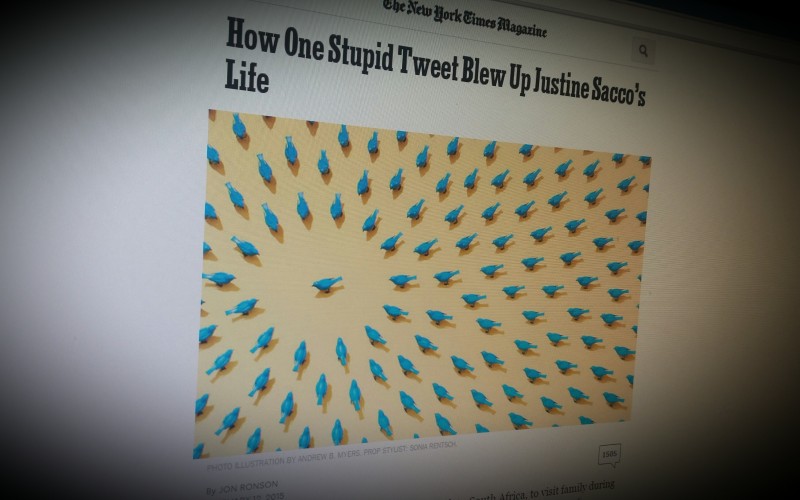
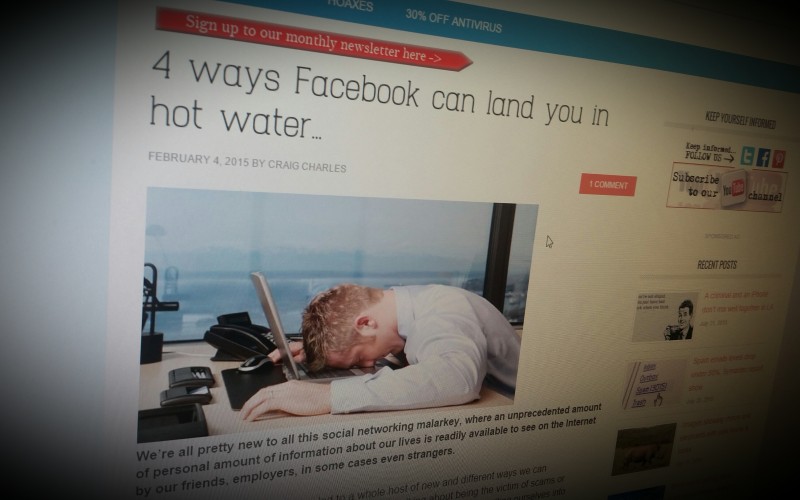
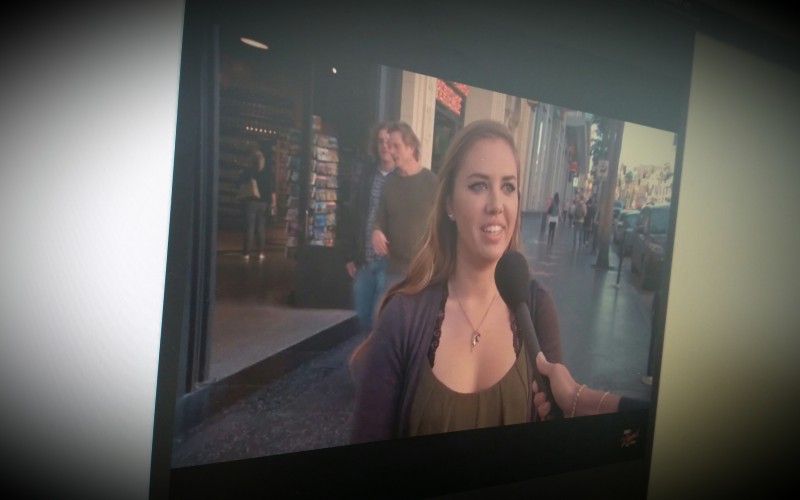
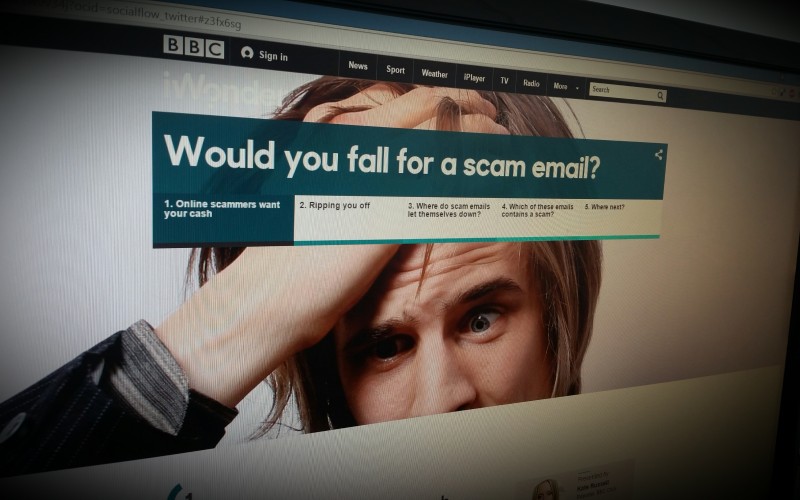
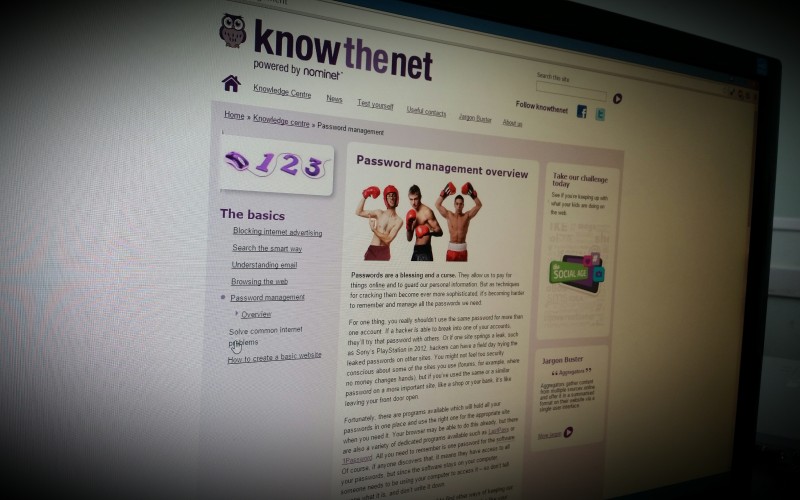
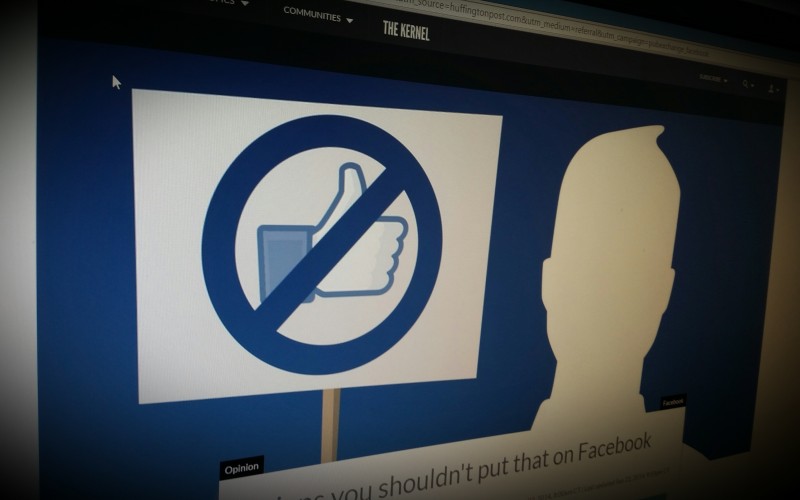
Comments
make a comment